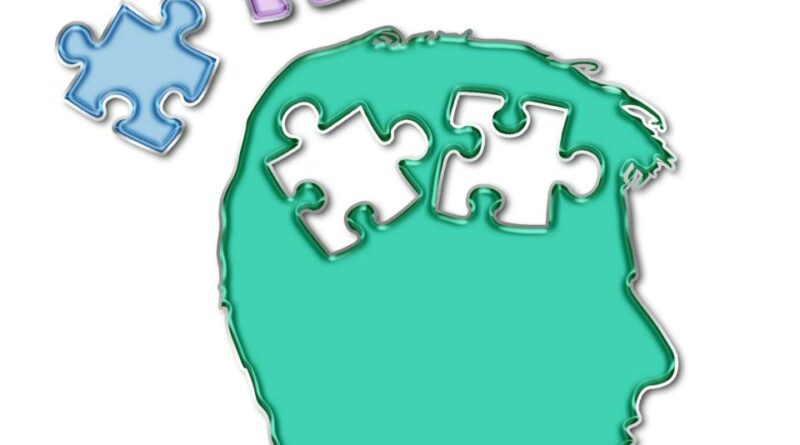How Do Antidepressants Work?
[Please note that this page contains affiliate links. If you choose to purchase after clicking a link, I may receive a commission at no extra cost to you.]
Iproniazid was intended to treat tuberculosis. However, in a 1952 study, iproniazid was an effective treatment for tuberculosis, but it also improved the moods of people diagnosed with depression.
In 1956 a swiss clinician observed a similar effect with the drug imipramine—a drug for allergic reactions. Both pharmaceuticals affect a class of neurotransmitters called monoamines.
How Did Antidepressants Work?
The rise of these antidepressant drugs gave rise to the chemical imbalance theory. The idea is that insufficient monoamines cause depression in the brain’s synapses.
Iproniazid, imipramine, and similar drugs were thought to have restored the imbalance by increasing the number of monoamines found in the brain.
These drugs worked on different kinds of monoamines in the brain, which often would lead to many side effects, including headaches, grogginess, and cognitive impairments such as having issues with thinking, memory, and judgement.
To improve the pharmaceuticals and reduce side effects, scientists started studying antidepressants as to which monoamines the drugs were targeting.
Antidepressants and Serotonin
In 1970, the drugs’ common monoamines were targeting serotonin.
This discovery led to the drug called Fluoxetine (Prozac) in 1988.
Prozac became part of a new class of drugs called selective serotonin reuptake inhibitors (SSRIs). SSRIs block the reabsorption of serotonin, leaving more of it available in the brain.
Prozac worked well and had a lot fewer side effects than other antidepressants. In addition, the makers of Prozac would educate the medical and regular public that depression was biological and could be better controlled by taking Prozac to keep serotonin levels at a sufficient level. Which would lower the stigmatization of blaming people for their depression, and more people would seek help.
In the 1990s, psychotherapy began to fall as just pharmaceuticals were treating most people.
However, scientists have developed an improved view of treating depression and its causes.
Some people don’t respond to drugs like Prozac, so they have to try other drugs that act on different receptors. And some people don’t respond to any medication at all. Although, for most people, a combination of pharmaceuticals and psychotherapy is the most effective.
Why Do Antidepressants Work?
Scientists still aren’t sure exactly why antidepressants work the way they do, but they do know that just after taking an antidepressant, it raises the levels of monoamines considerably. But patients usually won’t feel the benefits until weeks later.
Sometimes after patients quit taking antidepressants, they never experience depression again. Well, others relapse. Scientists release they aren’t sure why depression happens and why antidepressants work.
The chemical imbalance theory is an incomplete explanation at best.
It is likely not a coincidence that all antidepressants work on serotonin, but that doesn’t mean a serotonin deficiency causes depression.
Depression affects about 10% of people, and just because depression isn’t yet fully understood doesn’t mean we don’t have adequate tools to help treat it.
A new wave of psychedelic frontiers is on the verge of helping form better treatments for depression and other mental health issues.
Psychedelics like LSD, MDMA, psilocybin, DMT and ketamine have shown promising results in ongoing studies on potential treatments for depression and other mental health issues.


